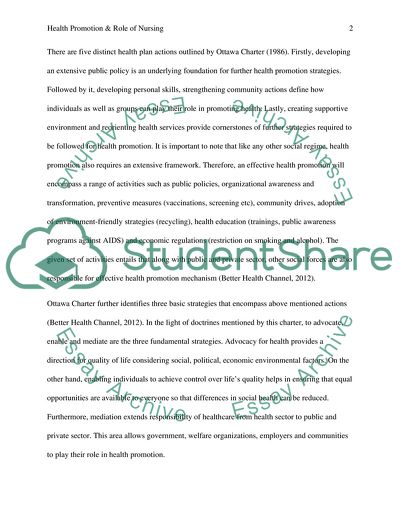Cite this document
(“The Future Role of Nursing in Health Promotion Essay”, n.d.)
Retrieved from https://studentshare.org/health-sciences-medicine/1616798-order-instructions
Retrieved from https://studentshare.org/health-sciences-medicine/1616798-order-instructions
(The Future Role of Nursing in Health Promotion Essay)
https://studentshare.org/health-sciences-medicine/1616798-order-instructions.
https://studentshare.org/health-sciences-medicine/1616798-order-instructions.
“The Future Role of Nursing in Health Promotion Essay”, n.d. https://studentshare.org/health-sciences-medicine/1616798-order-instructions.


